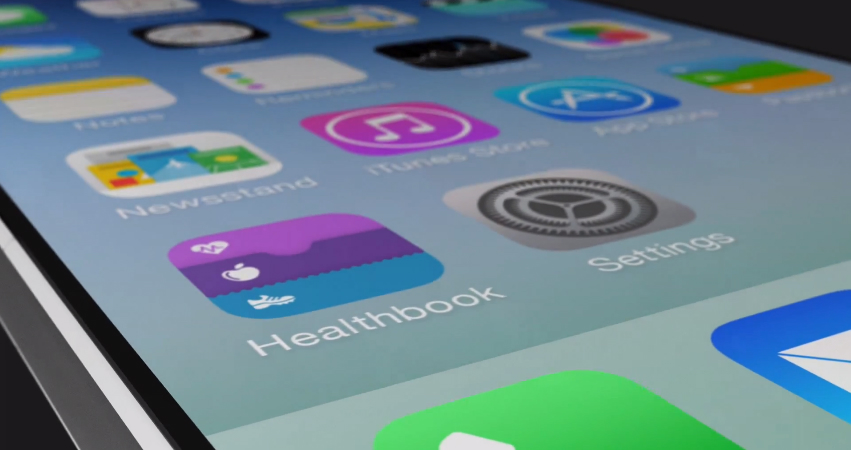Broadly speaking, there are two kinds of iPhone 6 concepts: Those that try to faithfully imagine what the iPhone 6 will really look like and those that are way off in la-tee-da fantasy land. MacRumors points us to a new concept from iCulture and artist Martin Hajek that falls squarely into the latter category, although it’s certainly an intriguing idea that does have some small basis in reality when it comes to possible future iPhone designs.
As you can see from the picture posted below, the new concept makes the iPhone look much more like an iPad nano than a traditional iPhone, with sharper corners and more rounder edges that would allow Apple to open up more space for the device’s display.
While this concept is highly unlikely to look anything like the real iPhone 6 that will release this year, it’s not completely out of the realm of possibility for future iPhones. We learned earlier this year that Apple has received a design patent for a radical new kind of iPhone model that similarly looks much more like a fourth-generation iPod nano than any other smartphone Apple has ever released. In its patent Apple describes a new curved display that will be made from flexible material and that can present “an illusion of depth perception” capable of “mimicking a 3D experience.” So while iCulture and Hajek’s concept might not work as an accurate depiction of the iPhone 6, it could very well work as a depiction of what the iPhone 9 might look like.
Be sure to check out the full gallery of images for this concept over at iPhoneclub by clicking on the source link below.






